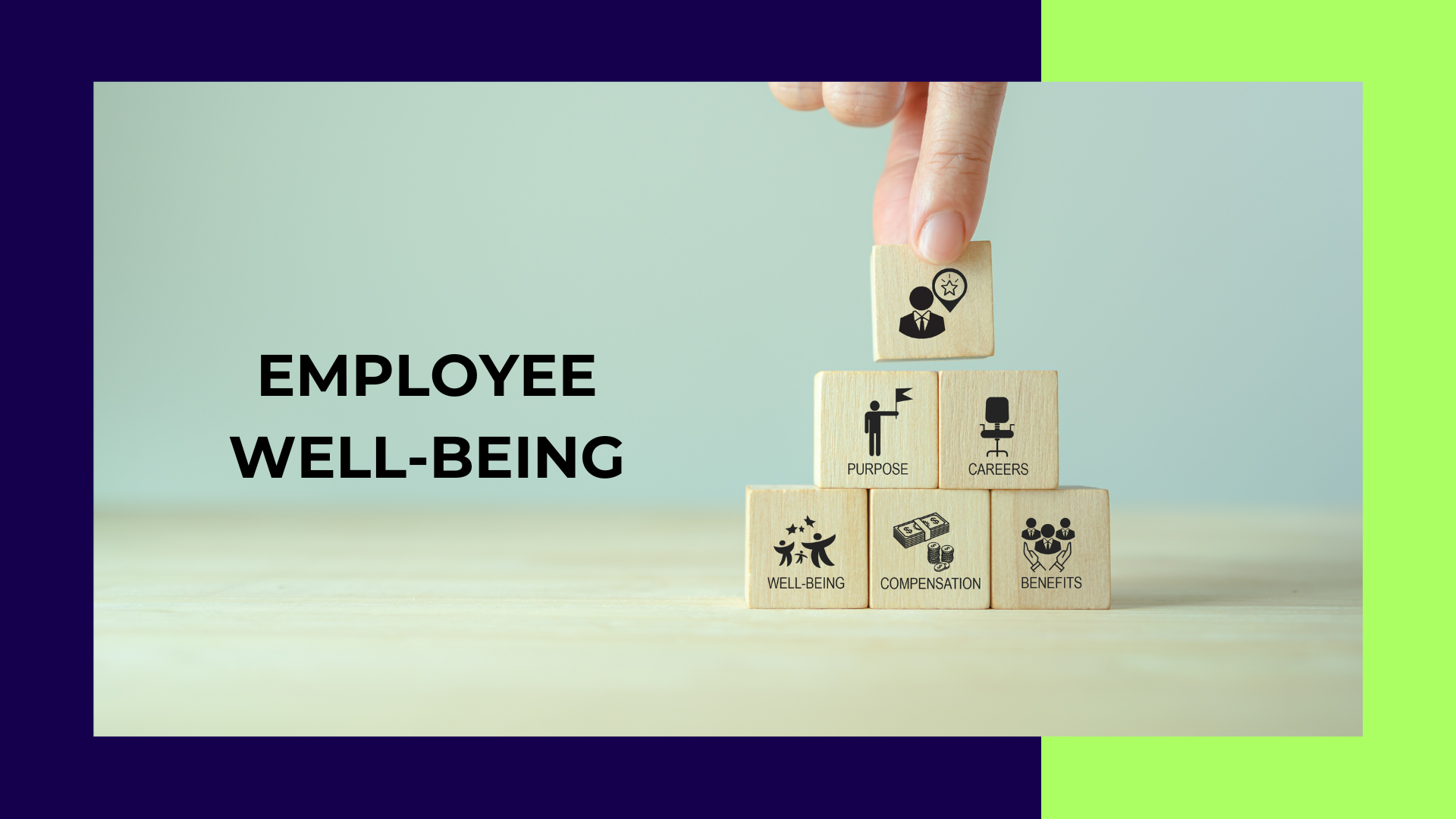When was the last time you considered the well-being of your employees?
Not just their productivity, but their overall happiness, health, and satisfaction?
In a world where workplace burnout is at an all-time high, organizations that prioritize well-being are not only creating healthier work environments but are also seeing higher levels of engagement, loyalty, and performance from their teams.
But what exactly does employee well-being encompass? It’s more than just offering a gym membership or a few extra days off. Employee well-being spans across several dimensions such as physical, mental, emotional, and even social. Let’s dive deeper into what true well-being looks like and why it matters.
Physical Well-being: Is Your Workspace Promoting Health?
A healthy employee is a happy employee, but are you providing the right tools to support their physical health? Think about it: Are your employees working in a safe and ergonomic environment? Offering them more than just health insurance is key, how about organizing fitness programs, promoting healthy eating habits, or even providing standing desks to improve posture?
Physical well-being means ensuring employees feel physically supported, not just when they’re sick but every day they’re at work. What steps has your organization taken in this direction?
Mental and Emotional Well-being: Are You Addressing Stress and Burnout?
Does your company offer flexible work options or mindfulness workshops? In today’s fast-paced world, maintaining mental health can be challenging. The pressure to meet deadlines, balance personal life, and navigate stressful work environments can easily lead to burnout. Are your employees feeling overwhelmed? This is essential for employee retention and satisfaction.
Social Well-being: Is Your Culture Inclusive and Supportive?
How connected do your employees feel to their colleagues and the broader organization? Humans thrive on social interaction, and a positive workplace culture fosters that connection. Are you hosting team-building activities? Do employees feel safe and valued at work?
Promoting a culture of inclusion and belonging ensures that employees feel part of something bigger than just their role. Is your company creating an environment where all voices are heard, regardless of background, race, or gender?
Professional Well-being: Are You Investing in Career Development?
When was the last time you asked your employees about their career aspirations? Employees need to feel like they’re growing, learning, and advancing. Offering opportunities for skill development, mentorship programs, and career advancement shows that you’re invested in their future.
Are you empowering your employees to take control of their careers? When employees feel supported in their professional growth, they’re more likely to stay and contribute meaningfully.
Financial Well-being: Are You Offering Financial Security?
How secure do your employees feel financially? Compensation is only one piece of the puzzle. Financial well-being extends beyond fair pay to include retirement plans, financial education, and emergency support.
Are you helping employees manage their personal finances or offering programs to assist during times of financial hardship? Employees who feel financially secure are less stressed and more productive.
Environmental Well-being: Is Your Workspace Designed for Comfort and Productivity?
What does your workplace look like? Is it designed to promote comfort, creativity, and productivity? A well-designed workspace can have a massive impact on how employees feel when they come to work each day.
For those working remotely, is your company providing the tools necessary to create a healthy home office? In the modern workplace, environmental well-being also extends to sustainability, does your organization support green initiatives that align with employees’ values?
The investment you make in their health, happiness, and success will pay off in the long run, both for them and for your business.
Are you ready to take that step?
Stavria Sanida
Associate Consultant







